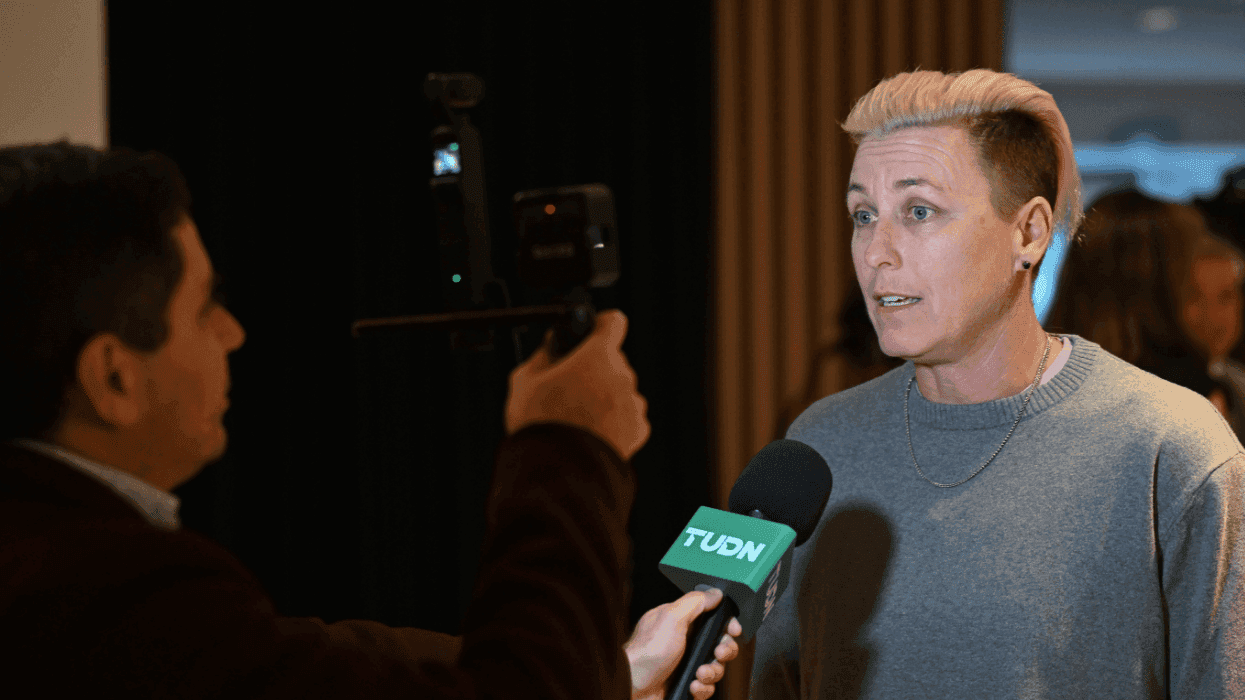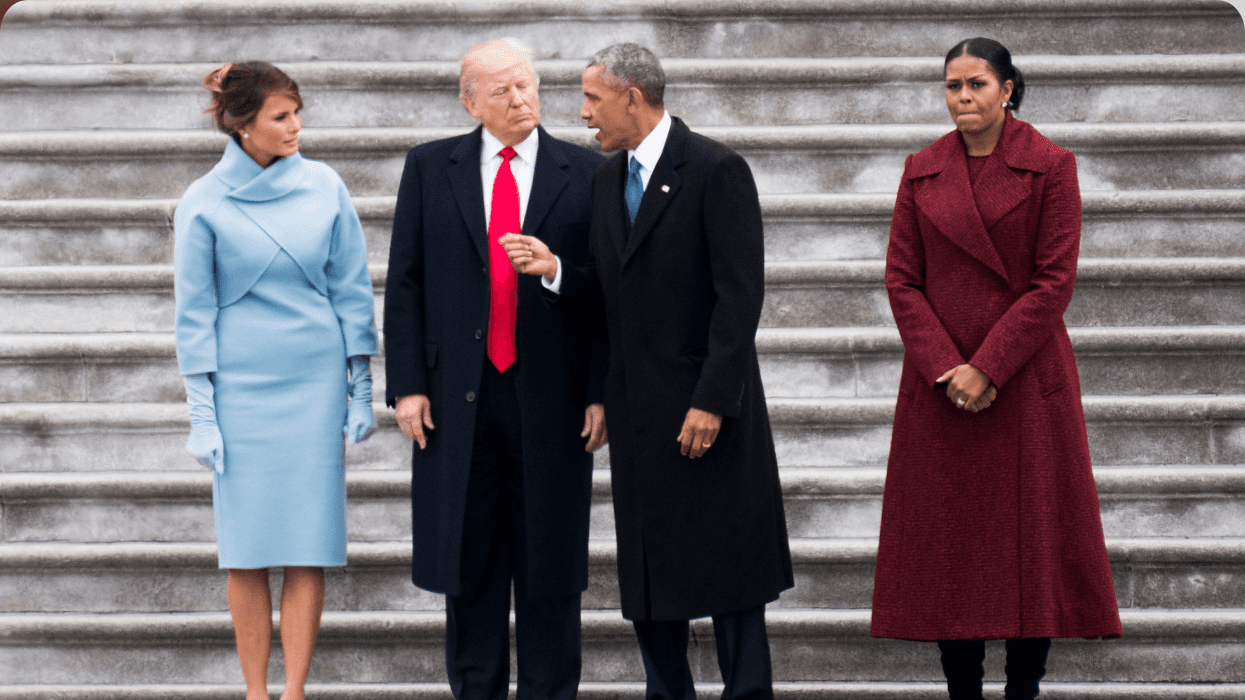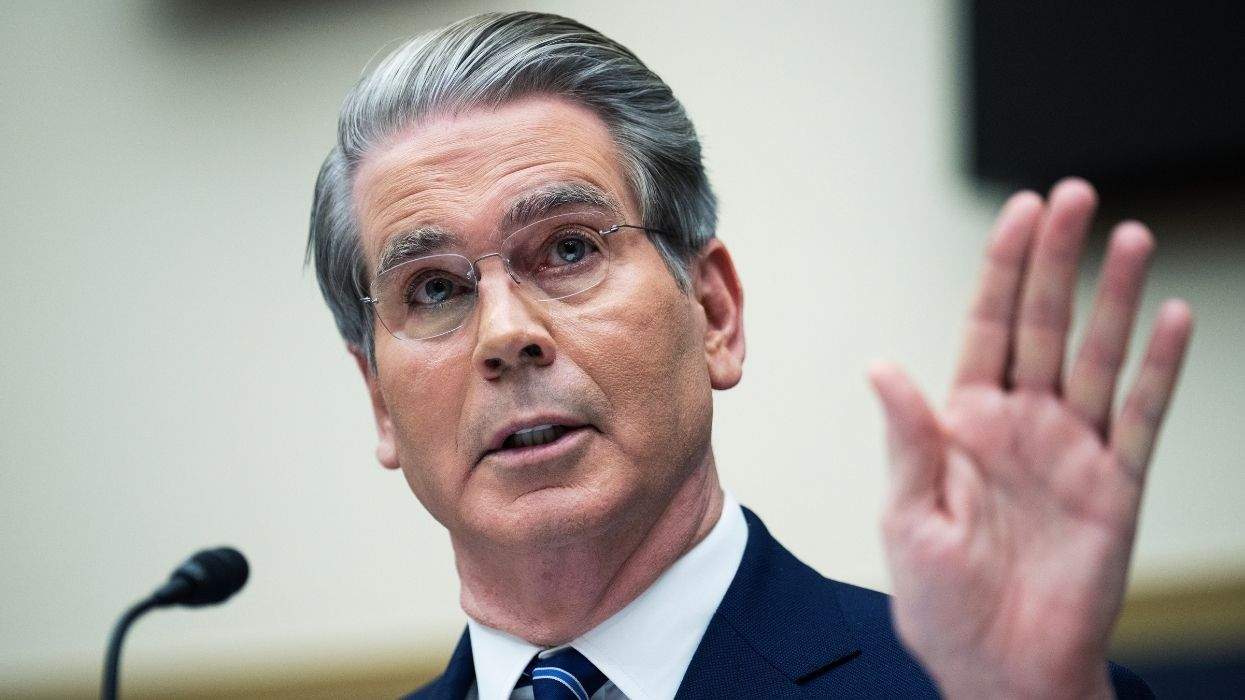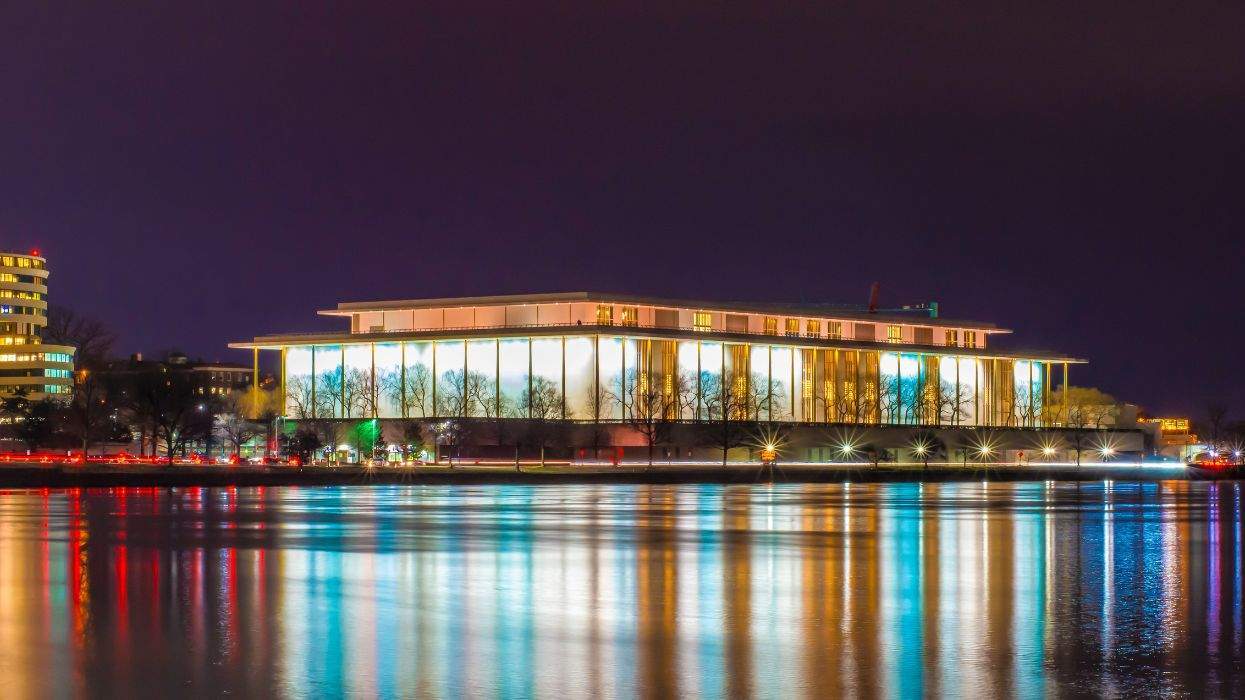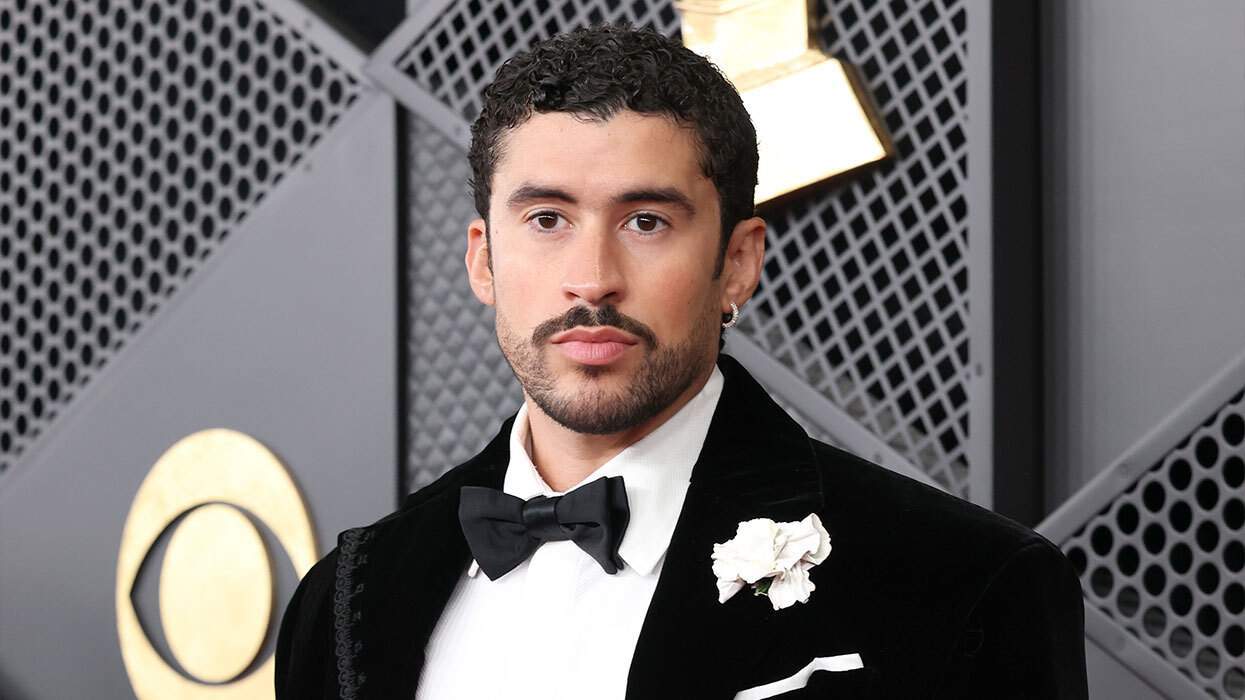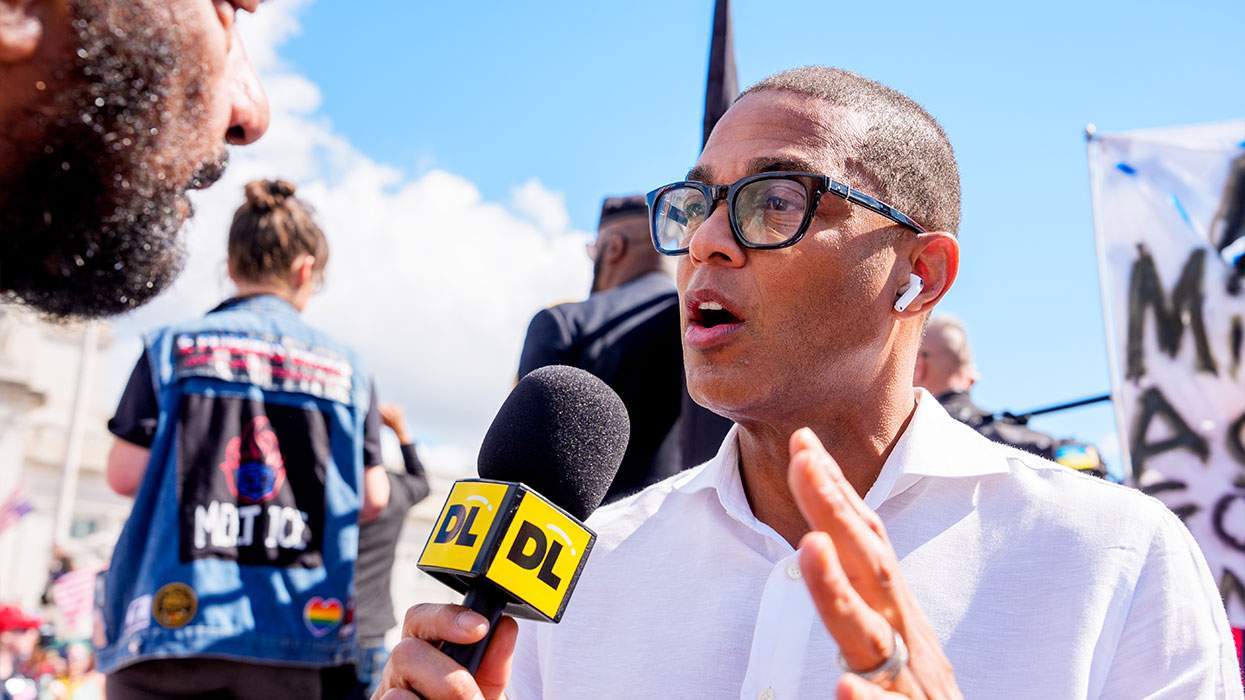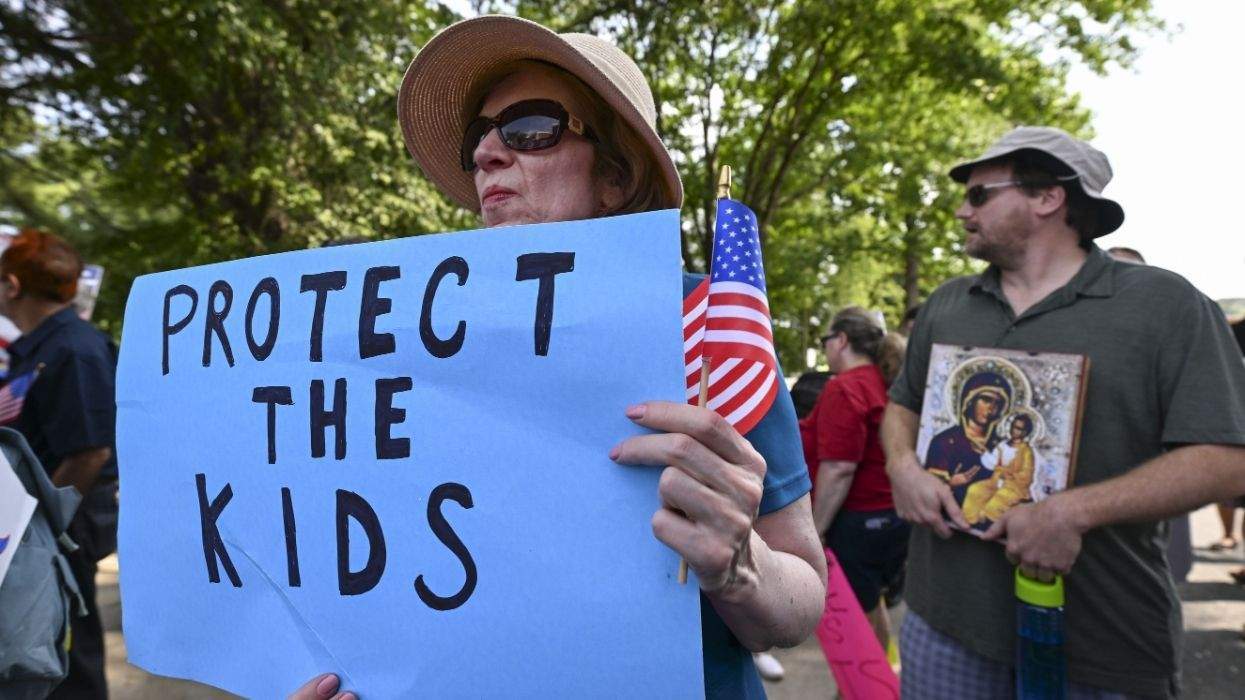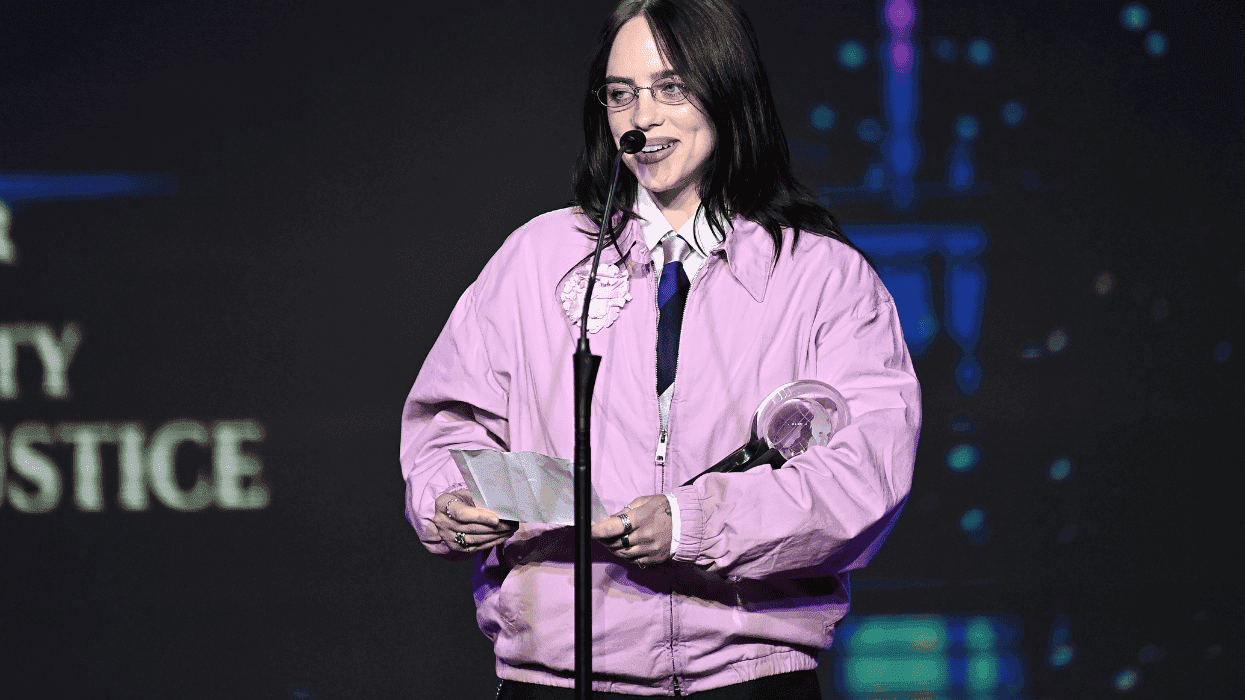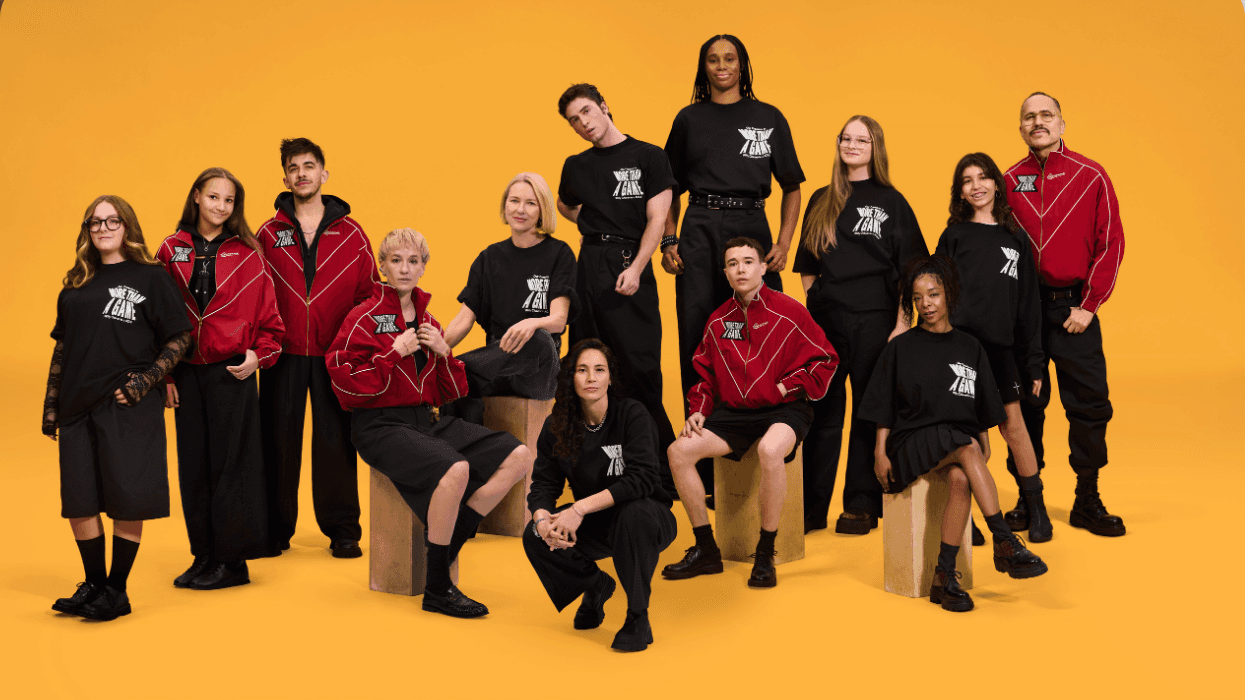Karine Jean-Pierre is helping to move the nation forward -- and she's making history in the process.
The political activist and author played a key role as Joe Biden and Kamala Harris made their successful run for the White House. She joined the campaign initially as senior adviser and then became chief of staff to Harris, making Jean-Pierre the first Black person and first out lesbian to hold that position for a vice-presidential nominee. She helped develop long-term strategy and manage day-to-day tactics for the campaign, and she traveled with the candidates to battleground states. Now, Jean-Pierre has been named principal deputy press secretary for the Biden administration, joining Carlos Elizondo, another out staffer who has been named to the administration. Her appointment also makes her a part of the first-ever all-female senior White House communications staff.
When Jean-Pierre joined the campaign, she brought with her experience as a nonprofit leader, commentator, and White House staffer in the Obama administration, plus a drive to make the nation better and more inclusive.
"As a Black gay immigrant who comes from a working-class family, I know that America hasn't always worked for everyone," says the 2020 Out100 honoree, who was born in Martinique to Haitian immigrants and grew up in New York City. "And I know that America still doesn't work for everyone. The truth of the matter is we have a long way to go. But that's what I'm working toward: mobilizing people around this shared vision of what an America that works for everyone could look like -- and then making it happen."
"I believe that that America, one that is stronger and more inclusive, is within reach," she adds, noting that Biden and Harris are the type of leaders needed to help the nation get there. They are "leaders who will work to pull all of us up, not tear some of us down," she says, and she was glad to join them and their millions of supporters in an effort "to make America all it can be for all those who have been left behind."
Many other women of color are pushing the nation in the right direction as well, Jean-Pierre says. More women ran for office in 2020 than ever before, and more than a third of them were women of color.
"Those numbers are exciting, but I also know that numbers aren't everything," she says. "Representation can't always be counted, but it can be felt. And this year, I already feel a change."
There are many issues for these women to address. In 2020, she notes, "All of us have experienced some sort of change and some sort of loss. And for many of us, those changes and losses have been on an almost inconceivably large scale. Millions of Americans have lost a loved one (or ones) to the pandemic. We've watched another nationwide epidemic unfurl this summer as the killings of George Floyd, Breonna Taylor, and too many other Black people overtook television screens, demonstrating that racism is, unfortunately, just as pervasive."
But Jean-Pierre remains hopeful. "America is progressing towards a stronger, more inclusive future -- and I know women of color are a driving force in that evolution," she says. "Soon, I believe our politics will start to show it a bit more too."
The author of the appropriately titled 2019 book Moving Forward seeks to help others make their voices heard. "This book means a lot to me because while it's a memoir, it's also a map -- a map people can use to get involved in politics and in their communities," she says. "I wanted to demystify the political process and make it accessible to everyone who wants to get involved. Helping open the door for other people will always be something I'm proud of."
A version of this piece was originally published in this year's Out100 issue, out on newstands 12/1. The issue has four cover stars: Janelle Monae, Wilson Cruz, Joe Mantello, and Janaya Khan. To get your own copy directly, support queer media and subscribe -- or download yours for Amazon, Kindle, Nook, or Apple News +. The first-ever Out100 Symposium, titled "How Do We Come Back From This" was hosted by Janaya Khan. Watch the first-ever Out100 Virtual Honoree Induction Ceremony on the Out100 Live landing page.







